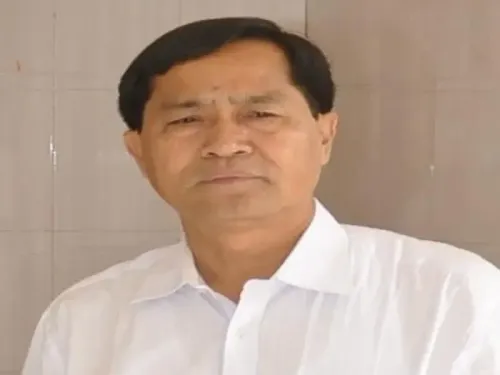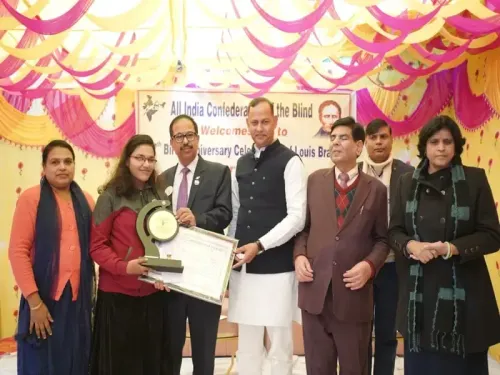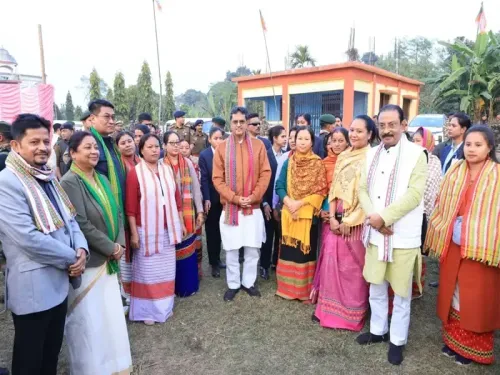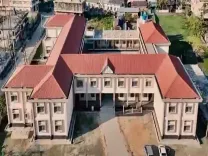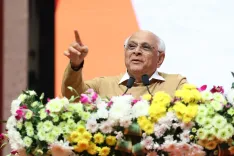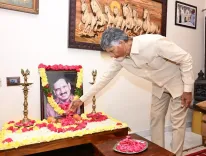Is Odisha Setting Up 835 Model Primary Schools Under a Flagship Scheme?
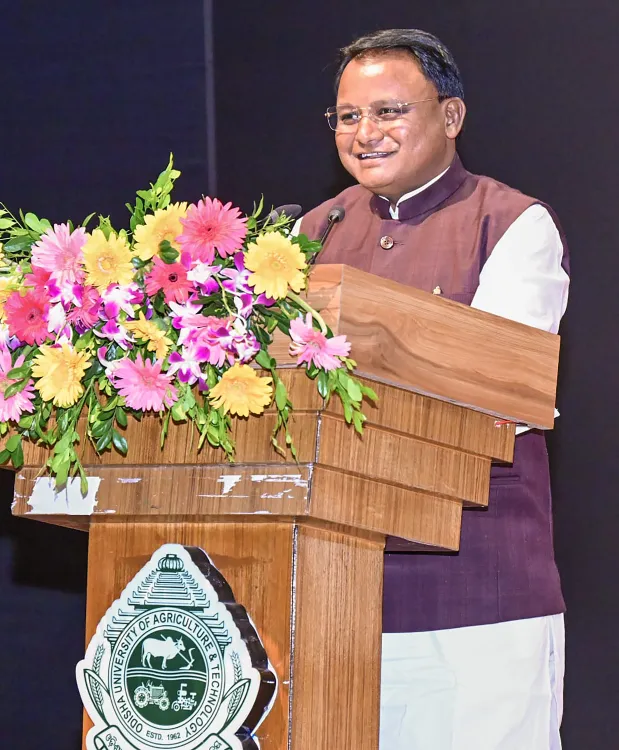
Synopsis
Key Takeaways
- 835 model primary schools to be established in Odisha.
- Investment of Rs 7 crore per school.
- Schools will serve as feeders for high schools.
- Focus on STEM education and vocational training.
- Free transportation for remote students.
Bhubaneswar, Aug 4 (NationPress) The government of Odisha is set to establish 835 model primary schools as part of the initial phase of the prominent Godabarish Mishra Adarsha Prathamik Vidyalaya scheme.
These enhanced primary schools will act as foundational institutions for high schools throughout the state.
The government plans to allocate Rs 7 crore for each school. The selected primary schools will cater to over 100 students, offer classes from pre-primary (Shishu Vatika) to Class 8, and occupy more than two acres of land, thus qualifying as model schools under the Godabarish Mishra Adarsha Prathamik Vidyalaya initiative.
During a review meeting regarding the scheme's implementation, Chief Minister Mohan Charan Majhi highlighted the importance of establishing one model school in each gram panchayat headquarters, adapting to the local geography.
He also underscored the need for providing national-level quality education in the socio-economic context and ensuring transport facilities for students.
CM Majhi instructed the relevant authorities to facilitate free transportation for students in remote and hard-to-reach areas to aid their school commute.
Additionally, he directed the selection of schools with ample land to facilitate future upgrades to high schools.
In the meeting, the Chief Minister urged the departmental secretaries and officials to enhance results by leveraging technology and implementing best practices in the teacher recruitment process.
He placed significant emphasis on improving infrastructure, adopting contemporary teaching methods, and fostering involvement from parents, alumni, and local stakeholders.
Moreover, he stressed the importance of enhancing foundational literacy and numeracy to achieve essential educational competencies by class 3, in line with the National Education Policy 2020 (NEP 2020).
In this meeting, discussions revolved around the government's ambition to foster diverse educational approaches within these schools, including STEM-based learning (Science, Technology, Engineering, and Mathematics), with a robust focus on science, technology, engineering, and mathematics education, as well as vocational skills and experiential learning.
This initiative aspires to promote the holistic development of students, encouraging creativity, critical thinking, and vital life skills.


